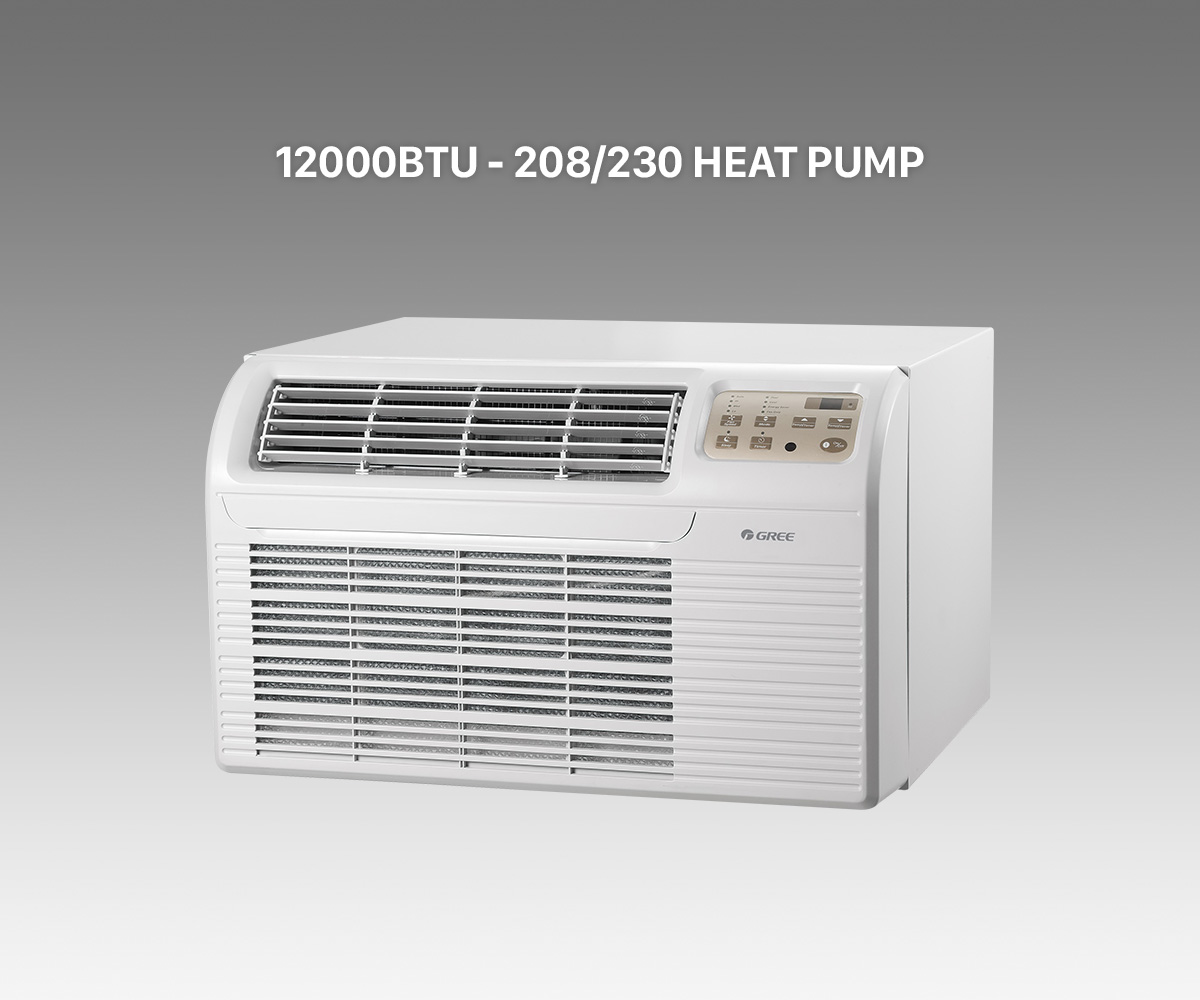Selecting the right air conditioning unit for your hotel or motel is essential to ensure guest comfort, energy efficiency, and operational cost savings. An ideal system balances reliable cooling with quiet operation and ease of maintenance. Here’s a quick guide on choosing the best air conditioner to suit your property’s needs.
Consider Room Size and Layout
One of the first steps in choosing an air conditioner for hotel rooms is assessing room size. A unit that’s too powerful for a small room can lead to frequent cycling, wasting energy, and driving up costs, while an underpowered unit will struggle to maintain comfort. Generally, units with capacities ranging from 8,000 to 12,000 BTUs are suitable for average-sized hotel rooms, but larger suites may require additional capacity.
Prioritize Energy Efficiency
Energy-efficient air conditioners are essential for reducing operational costs and minimizing environmental impact. Look for units with high SEER (Seasonal Energy Efficiency Ratio) ratings or Energy Star certification. These models consume less electricity, helping to lower utility bills, especially during peak cooling seasons. Advanced features like smart thermostats or occupancy sensors can further optimize energy usage based on guest presence.
Choose Units with Quiet Operation
Guest satisfaction is strongly impacted by noise levels in hotel rooms, especially during rest hours. Opt for air conditioning units designed for quiet operation, such as inverter-driven split systems. These systems adjust compressor speed to maintain temperature without the frequent starting and stopping that create noise, ensuring a peaceful environment for guests.
Look for Easy Maintenance Features
Regular maintenance is essential for hotel AC units to ensure consistent performance and air quality. Choose units with easily accessible filters and self-cleaning capabilities. Features like washable filters and automatic alerts for filter changes make it simpler for staff to maintain unit efficiency and cleanliness, extending the unit’s lifespan.
Smart Technology for Better Control
Smart air conditioners allow remote operation and monitoring via mobile apps, offering convenience and energy savings. This technology can help management adjust room temperatures remotely, pre-cool rooms before guest check-ins, and even monitor energy consumption patterns.
Conclusion
Choosing the best air conditioner for hotels and motels involves balancing factors like room size, energy efficiency, noise control, and ease of maintenance. Investing in quality units with these features will help you enhance guest satisfaction, lower energy costs, and simplify maintenance—contributing to the success of your hotel or motel for years to come.





Comments